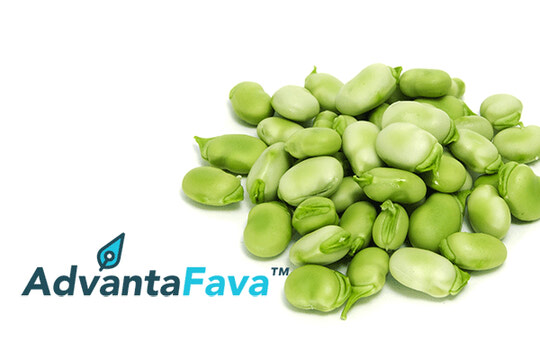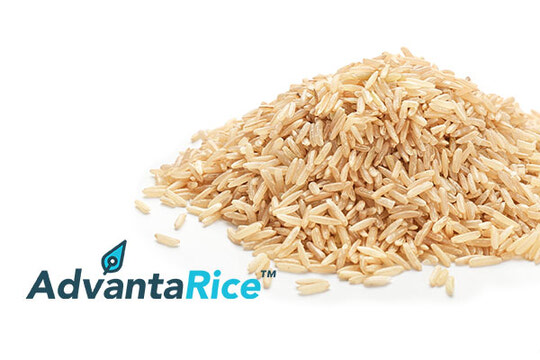Author: Maxwell Rabb | Published @ The Beet: August 15, 2022
Global food production is responsible for a third of all greenhouse gas emissions, and within that startling statistic, nearly 60 percent of those emissions can be attributed to meat production. But meat products might present more environmental concerns than previously thought. The University of Oxford published a study examining 57,000 food products to find that plant-based sausages and burgers are up to 10 times more environmentally-friendly than their meat counterparts.
The study evaluated the environmental impacts of commonly-purchased food products to understand the relationship between food production and the climate crisis. Led by researchers in Oxford’s Livestock, Environment, and People program and the Oxford Population Health, the study explored greenhouse gas emissions, land use, eutrophication (the process of water becoming enriched with nutrients and minerals) potential, and water stress to determine that plant-based meat is the best choice for the planet.
“By estimating the environmental impact of food and drink products in a standardized way, we have taken a significant first step towards providing information that could enable informed decision-making,” Lead author, Dr. Michael Clark said. “We still need to find how best effectively to communicate this information, in order to shift behavior towards more sustainable outcomes, but assessing the impact of products is an important step forward."
To determine whether plant-based meat is the best choice for shoppers, the researchers combined the scores of all the sample food products. The study aimed to provide more information for shoppers who more often keep sustainability in mind at the store. Even though food giants continue to make bold claims to set net zero greenhouse gas standards, most meat and dairy companies still contribute dangerously high emissions.
The study also found that dried beef products – including jerky – rank as some of the worst foods for the environment. Choosing plant-based meats can help consumers reduce negative environmental contributions by five to 10 times.
“For the first time, we have a transparent and comparable method for assessing the environmental footprint of multi-ingredient processed foods,” Scarborough said in a statement. “These types of foods make up most of the supermarket shopping we do, but until now there was no way of directly comparing their impact on the environment.”
RELATED PRODUCTS
Canadian-grown 80-85% yellow pea protein that features a complete amino acid profile and a neutral, easily-masked flavor.
90% fava bean protein is sustainable, clean label, and exceptionally functional - an ideal substitute for pea protein.
80% organic brown rice protein carefully crafted to blend seamlessly into formulations, with no gritty or chalky texture.




